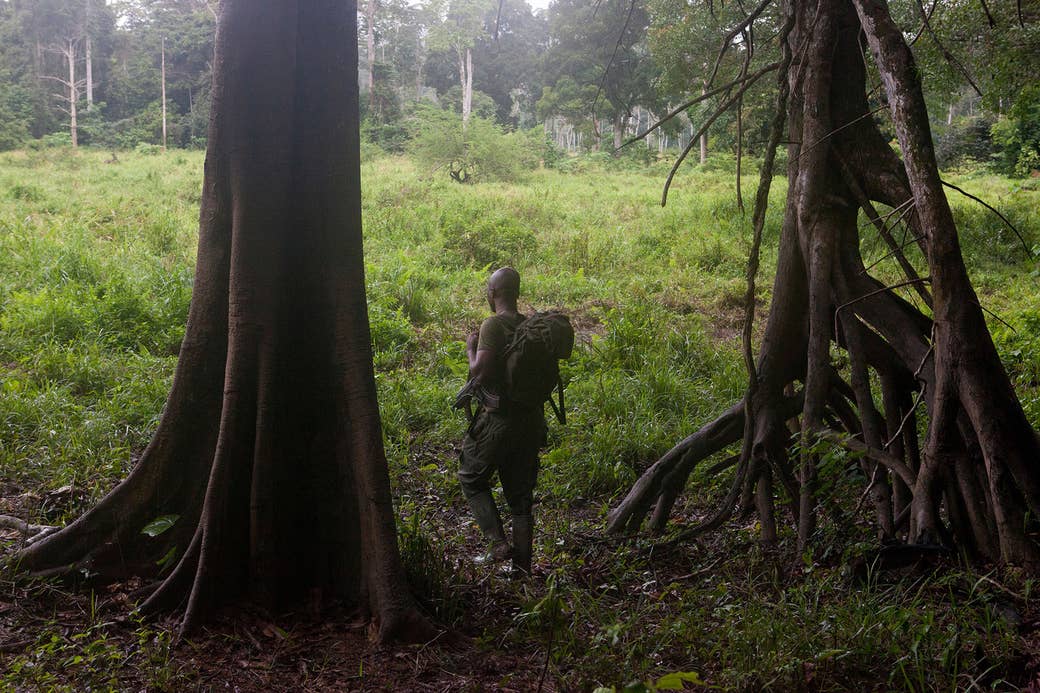
This is Part 3 of a BuzzFeed News investigation.
To read the other articles in this series, click here.
The World Wide Fund for Nature (WWF) told its European Union funders that indigenous people were “favorable” to a new national park despite an internal report highlighting fears of “repression” by forest rangers, BuzzFeed News can reveal.
The EU agreed to send WWF 1 million euros for the proposed new park in an area of the Republic of Congo, known as Messok Dja, on the basis that it would seek the consent of indigenous people.
But omitted from a copy of a WWF filing to the EU in 2018, obtained by BuzzFeed News under Freedom of Information laws, were passages of a consultant’s confidential report that found some locals vehemently opposed the park.
Other sections of that report were copy-pasted into the EU filing — but the document does not contain sections discussing how some villagers were worried the park would drive them off their ancestral land, prevent them gathering food for their families, and subject them to mistreatment by forest rangers, known locally as “eco-guards.”
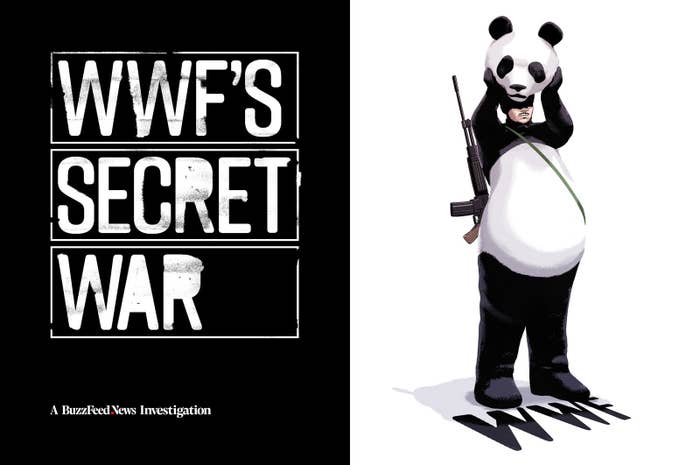
An ongoing BuzzFeed News investigation has revealed how WWF has for years funded anti-poaching forces who have killed and tortured villagers living on the fringes of national parks. The charity continued backing eco-guards even after higher-ups became aware of evidence that they were abusing indigenous people. WWF has launched an independent review of the evidence uncovered by BuzzFeed News.
In response to questions about the new park at Messok Dja, which has still not been finalised, the charity said: “All allegations raised, and governance, will be subject to the independent review.”
Villagers near Messok Dja specifically cited the possible presence of eco-guards as a reason why they opposed the new park. “They associate this initiative with the rise in repression from eco-guards,” the consultant’s report said.
But this was not noted in the EU filing, which said that locals were on board with the planned development.
“It’s a colonial approach to conservation,” Jerome Lewis, one of the world’s foremost indigenous rights experts, told BuzzFeed News after reviewing the documents. “In order to say you have obtained consent, the person you have asked must be able to refuse. This is not the case here.”
A European Union spokesperson said in a statement that it takes reports of human rights abuses “very seriously” and is “looking into” revelations by BuzzFeed News that WWF funds guards implicated in atrocities against indigenous people.
The EU had not received a copy of the consultant’s report outlining local concerns about Messok Dja, the spokesperson confirmed, but had monitored the charity’s consultations with villagers about the new park and noted that WWF had shown "a careful respect for this process.”
Want to support more reporting like this? Become a BuzzFeed News member today.
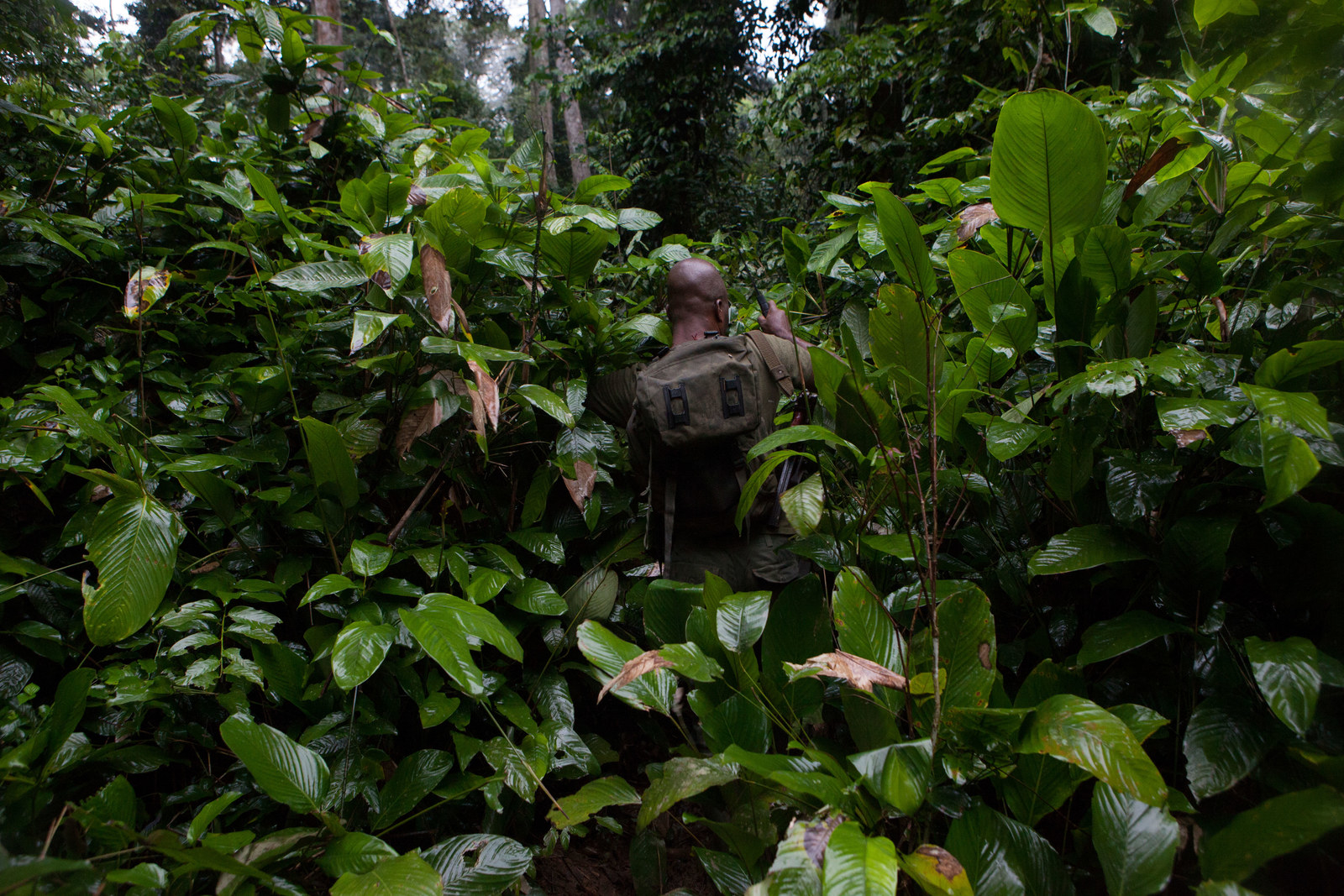
Messok Dja is a dense rainforest in the northwestern Republic of the Congo. It is home to a large elephant population, as well as gorillas, crowned eagles, and endangered pangolins.
WWF has been lobbying the government to turn it into a protected area for years, arguing that it is “highly threatened by intense elephant poaching and ivory trafficking.”
But when governments create national parks, indigenous communities often lose access to land they have long relied on for food and shelter. According to the WWF consultant’s report, turning Messok Dja into a national park would affect about 8,000 people and nearly 50 communities — including 17 villages that are in part inhabited by the indigenous Baka people.
Got a tip? You can email tips@buzzfeed.com. To learn how to reach us securely, go to tips.buzzfeed.com.
The right of indigenous people to grant or deny “free, prior, and informed consent” to any project that affects their lands is officially recognized by the United Nations. WWF says seeking such consent is in line with its own indigenous rights policy as well as its belief that people and conservation are “two sides of the same coin.”
In 2010, the charity succeeded in persuading local government officials to designate the forest a potential protected area.
Plans for the park moved slowly until 2016, when the European Union agreed to donate 1 million euros to WWF for Messok Dja. The money came with strings: WWF had to send researchers out into the field to find out if villagers approved. In its funding contract with the EU, WWF said it would spend 86,000 euros on the research — in part because it was a way to head off controversy, the charity wrote, given the risk that the proposal would be attacked by “indigenous rights activists.”
The next year, the charity sent a consultant, Sam Nziengui-Kassa, to Messok Dja. He filed his report in July 2017. (Nziengui-Kassa did not respond to a request for comment.)
In some of the villages Nziengui-Kassa traveled to, people were “almost favorable” to the idea of the park, he reported. Some said they hoped it would “help destroy the problem of youth unemployment and reduce the conflict with wildlife.”
But elsewhere, the consultant encountered clear opposition.
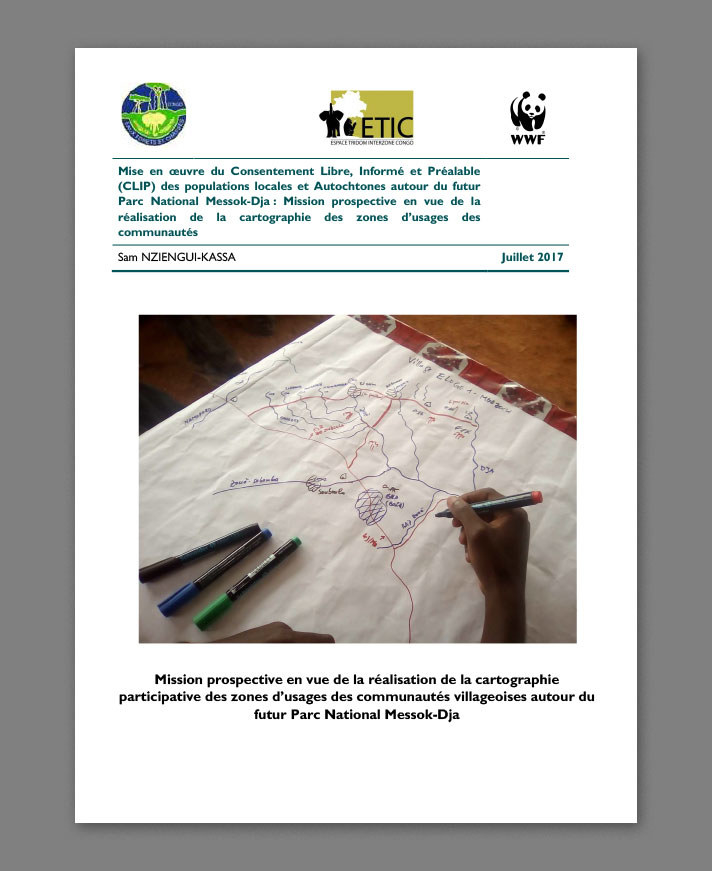
Villagers were afraid of “repression from eco-guards” who would be brought in to patrol the park and also feared “being forbidden to hunt” on the lands they had inhabited for generations. “They systematically associate it with the idea that they cannot access the forest anymore,” he wrote. Those locals blamed WWF for the actions of eco-guards and were therefore “very hesitant” to speak to the consultant “out of mistrust.”
Months after Nziengui-Kassa’s report, WWF submitted its filing to the European Union. The EU released a copy to BuzzFeed News under freedom of information laws and said it had searched for other documents about WWF’s consent process at Messok Dja, but found nothing else.
Some whole passages of the WWF EU filing were copy-pasted from the consultant’s report, without noting where the language had come from. This was mostly background information about how local villagers lived, such as the crops they grew and the forest crops they gathered. One lifted passage described how some people earned money doing “artisan gold mining.”
But the sections of the report describing the consultant’s visits to the villages where locals opposed the park weren’t in the EU filing. Fears of forest ranger abuse were nowhere to be found. Nor was a section titled “Difficulties.”
“Overall, communities of the study area remain favorable to the creation of a protected area in Messok-Dja,” the EU filing said.
That line was not in the consultant’s report. It was lifted from a separate internal report purporting to study the park’s economic impact — not the key question of whether villagers had given their consent.
Lewis, the indigenous rights expert, told BuzzFeed News that WWF had behaved as though the park was a “done deal” before it even began consulting with local villagers.
Indigenous people near Messok Dja remain worried about the proposed park. “They feed in the forest. They hunt in the forest. They live in the forest,” a Baka activist who lives in a village nearby told BuzzFeed News. "So it should be done with their consent, with their decision, because they own the land.”
This was not the first time an internal WWF report had raised questions over indigenous consent — so did another report in 2015, by a researcher hired to examine human rights abuses by rangers at the Lobéké National Park in Cameroon.
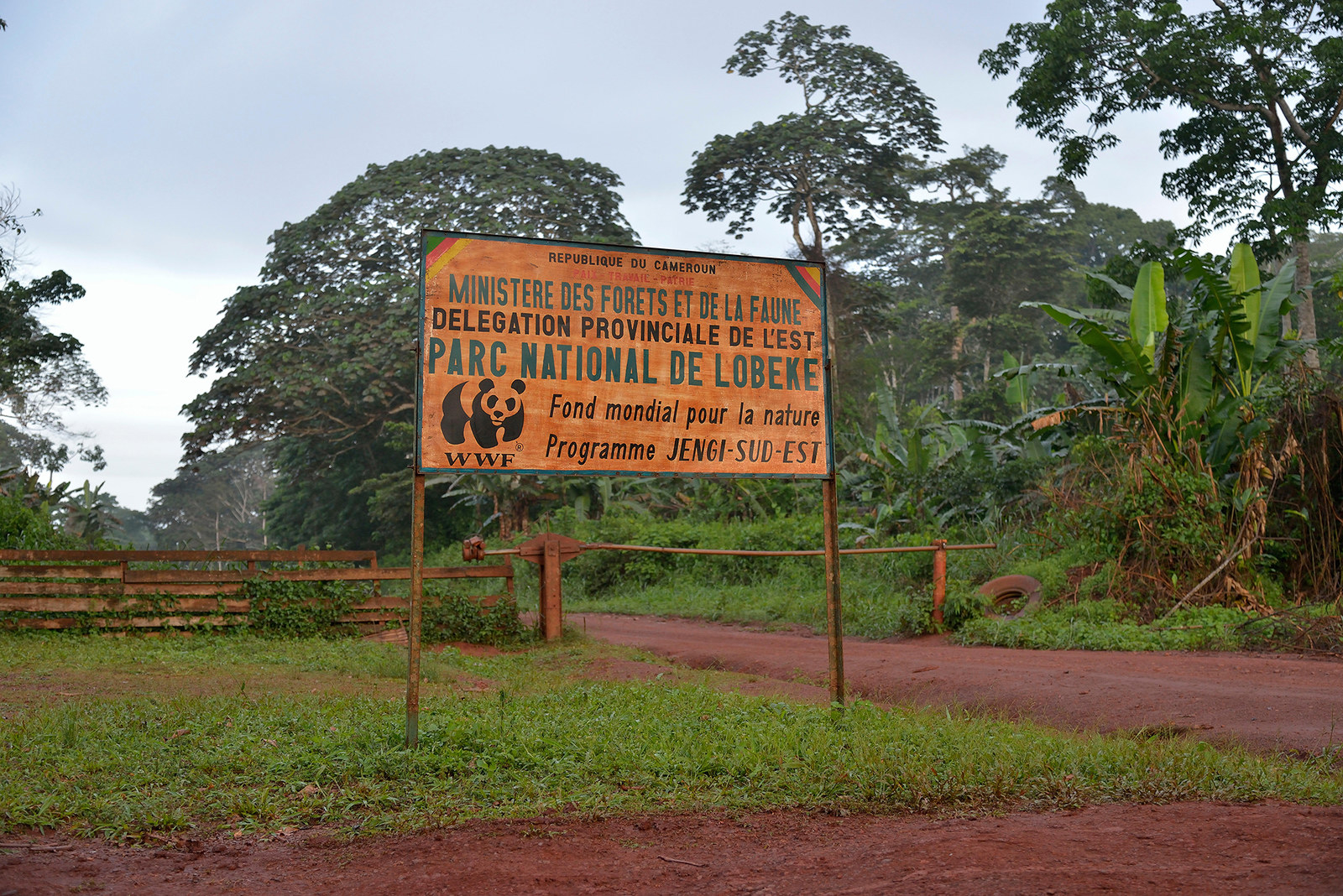
Although “WWF is committed to respecting the Baka right to free, prior and informed consent in relation to WWF’s protected areas and work,” the researcher wrote, on the ground, "the Baka claimed that they were not consulted but rather found their land transformed into protected areas without their consent.”
Yet WWF has boasted publicly about its robust procedures. Following criticism of its work in Cameroon, the charity put out a press release declaring that the United Nations had commended its efforts to seek consent from indigenous communities as “best practice."
That was a misrepresentation of the UN’s findings — according to the same UN official whose report WWF cited.
Victoria Tauli-Corpuz, the UN special rapporteur on the rights of indigenous peoples, said at a 2017 conference that it was “not acceptable” for WWF to have “misused” her words to ward off criticism. She had briefly commended the charity’s general support for the principle of seeking consent from indigenous people, but never meant to imply “that all their work on conservation is exemplary,” she said.
Tauli-Corpuz called the rangers’ treatment of Baka people “fascist” and said WWF should “seriously look into the allegations and act upon them,” instead of “being defensive."
In recent months, WWF quietly removed all reference to the United Nations praise from the press release on its website.●
Emma Loop, Jules Darmanin, Morgane Mounier, and Alice Kantor contributed reporting.

